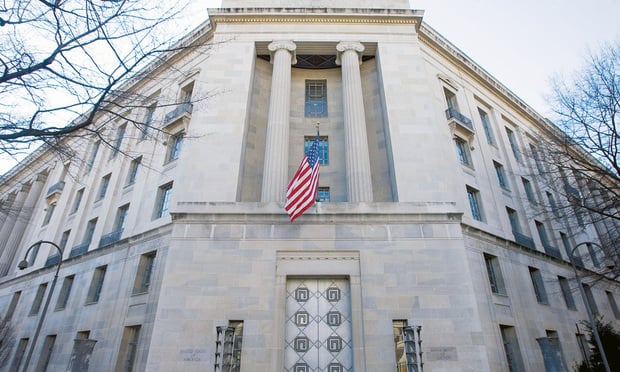On April 3, 2018, the Department of Justice’s Antitrust Division announced its first challenge to a “no-poaching” agreement—where companies agree not to recruit or hire each other’s employees—under the Trump Administration. The settlement that the Antitrust Division reached with the offending companies is noteworthy because the Division opted to treat the companies’ no-poaching agreement as a civil antitrust violation even though the Division’s guidelines for human resource professionals—which were issued toward the end of the Obama Administration—and recent remarks by its senior leadership team indicated that such agreements would be treated as criminal violations. However, this settlement should not be viewed as a retreat from the Antitrust Division’s promise to criminally prosecute no-poaching and “wage-fixing” agreements—where companies agree on the compensation (e.g., wages, salary, and benefits) they will make available to current or prospective employees. Nor should this settlement be seen as signaling that the Antitrust Division’s current leadership team views no-poaching or wage-fixing agreements as less serious antitrust offenses.
As discussed below, a careful review of this settlement and the Antitrust Division’s accompanying press release indicates that there is a significant likelihood that no-poaching and wage-fixing agreements that were entered into or that continued after the Antitrust Division issued its guidelines for human resource professionals will be prosecuted as criminal violations. Moreover, in announcing this settlement, the Antitrust Division made clear that vigorous enforcement in the employment area will continue to be one of its top priorities. For instance, the Antitrust Division made a point to stress that it has several active no-poaching investigations involving various industries and that this settlement is only part of its broader effort to ensure that workers are not harmed by anticompetitive employment practices. The Antitrust Division also indicated that it may soon be announcing additional no-poaching enforcement actions by emphasizing that the settling companies are required to fully cooperate with the Division’s ongoing investigations into no-poaching agreements that they may have entered into with other competitors.


 U.S. Department of Justice building in Washington, D.C.
U.S. Department of Justice building in Washington, D.C.




